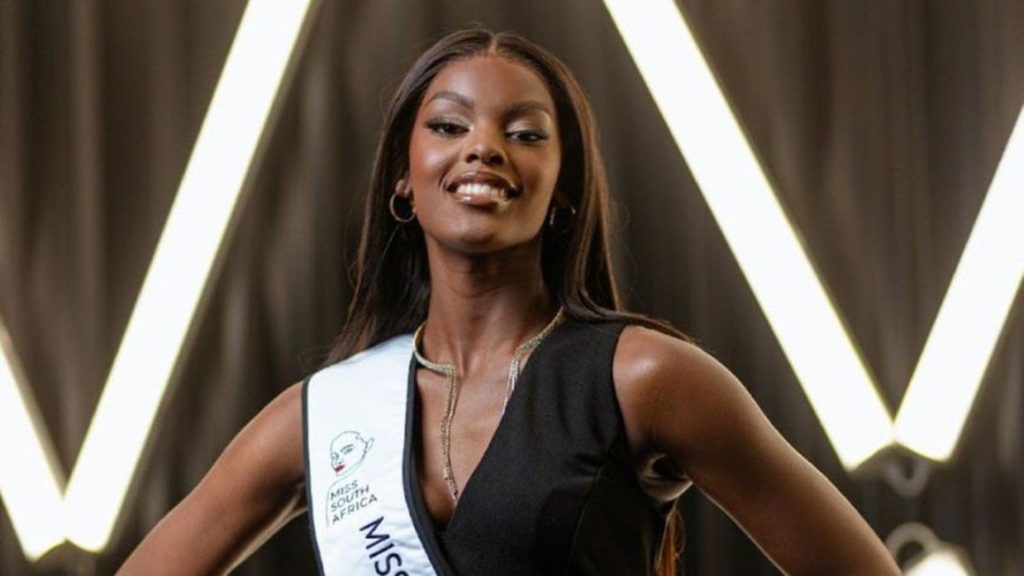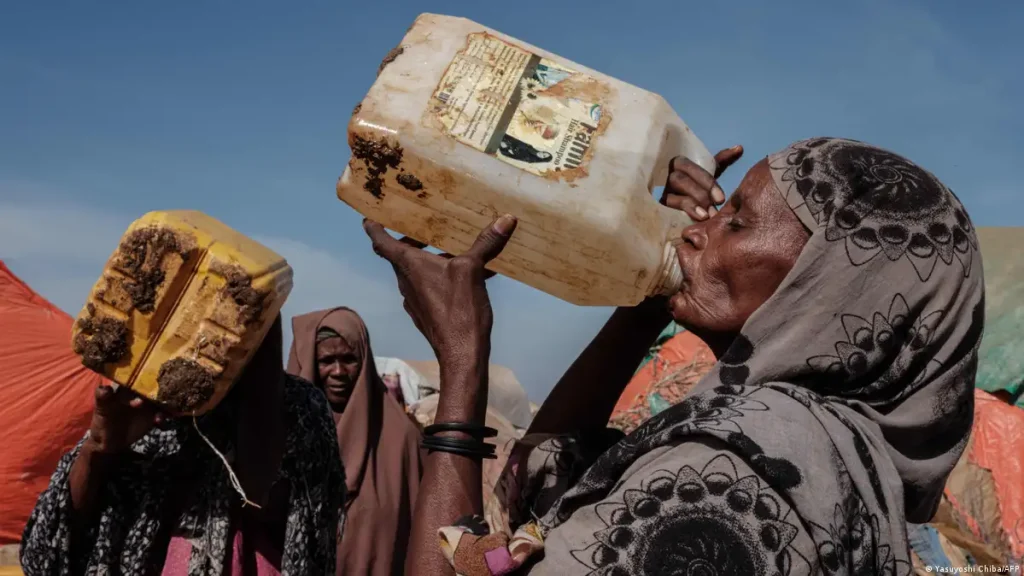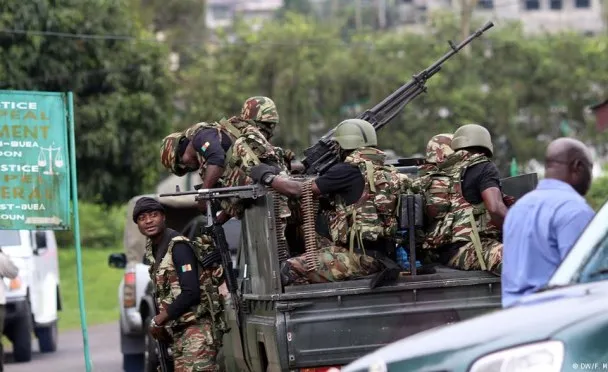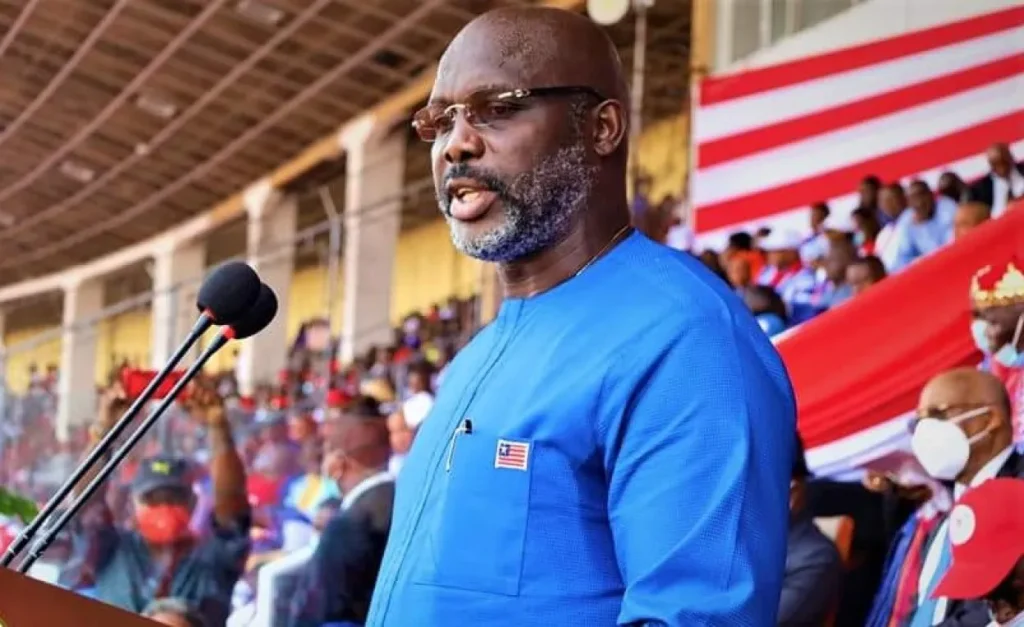A heated controversy has erupted in the Miss South Africa pageant, placing one of its top finalists, Chidimma Adetshina, in the spotlight. The debate centers on whether she is eligible to represent South Africa, even though she was born and raised in the country.
Chidimma, whose father is Nigerian and mother is of Mozambican descent, has faced harsh criticism and online attacks. Many people are questioning her right to compete for the Miss South Africa title. However, she was born in Soweto at Chris Hani Baragwanath Academic Hospital, which is the largest hospital in Africa, and she considers herself a South African. Despite her strong ties to the country, her mixed heritage has triggered a fierce debate about identity and belonging.
According to South Africa’s immigration laws, anyone born in South Africa to a parent who is a citizen or has permanent residency qualifies for South African citizenship. Yet, a recent video of Chidimma in traditional Nigerian clothing surfaced online, fueling discussions about her appropriateness as a contestant for the Miss South Africa competition.
Some social media users have even called for South Africa’s Minister of Sport, Arts, and Culture, Gayton McKenzie, to intervene. Known for being outspoken, McKenzie voiced concerns, stating, “We cannot have Nigerians competing in our Miss SA competition.” He added that he would look into the matter before making a final comment.
The debate intensified after Chidimma, a 23-year-old law student, model, and netball player from Pimville, Soweto, revealed that her parents are not South African in her entry video for the competition. As she progressed to become one of the 10 finalists, the criticism against her increased.
The Miss South Africa organizers have not yet commented on the issue. However, the pageant’s rules clearly state that contestants must be South African citizens with a valid South African ID or passport. For those with dual citizenship, both passports must be disclosed when entering the competition.
A petition has even circulated online, calling for Chidimma’s removal from the competition. In response, African National Congress (ANC) Secretary-General Fikile Mbalula stepped in to defend her. He urged both the Miss South Africa organizers and Home Affairs Minister Leon Schreiber to clarify the laws around her eligibility. Mbalula emphasized that Chidimma was born in South Africa and should not be attacked without clear legal guidance.
Economic Freedom Fighters (EFF) president Julius Malema also weighed in, criticizing those stirring up controversy. Malema argued that Chidimma’s identity should not be questioned based on her parents’ origins. He stated, “If she was born here, she’s South African. It doesn’t matter where her parents come from.”
The broader issue at play involves South Africa’s struggle to accept migrants from other African countries. Xenophobic violence occasionally erupts in the country, with foreigners often blamed for economic hardships. However, the underlying problems are largely linked to deep-rooted inequality and poverty within the nation itself.
As the Miss South Africa pageant nears its final stage, the outcome of this controversy remains uncertain. Whether Chidimma will be allowed to continue in the competition will depend on the clarity of the laws and the actions of the organizers.






















